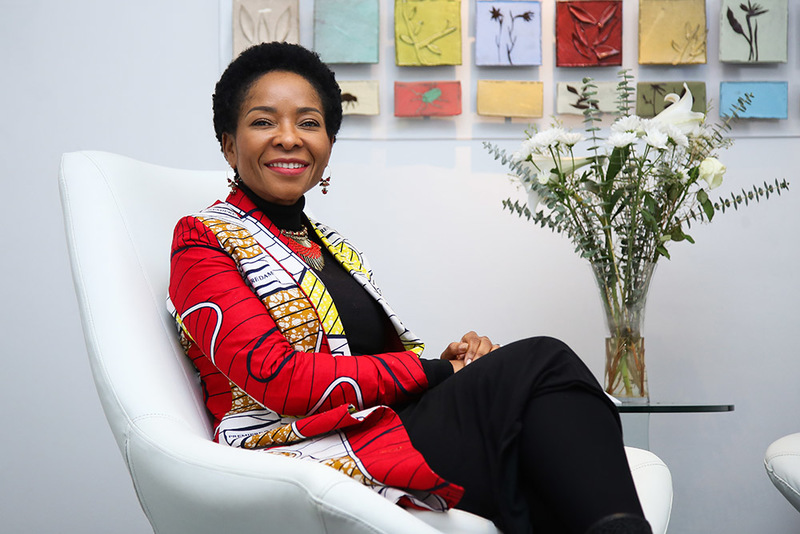Building community after trauma
31 July 2018 | From Kgethi
Dear students and colleagues
There have been some media reports and social media posts that give the impression that I blame the death of Professor Bongani Mayosi on the protests in the higher education sector over the past three years. This is not true. I am writing to you now because it is so important that we understand the opportunity we have to reflect on the loss we have experienced and how we can become stronger, both as individuals and as a community.
What I said was that the protests of 2016 and 2017 were not kind to any of us at the University of Cape Town (UCT), and they were not kind to Professor Mayosi as Dean of the Faculty of Health Sciences. His office was occupied for about two weeks in 2016. He had to manage pressure coming from many different directions, including from staff and students. And some black students were angry with him. They called him names, like coconut or sell-out, when his intentions were really for the students’ best welfare.
I know how much Professor Mayosi loved UCT and the students here. He is the reason I applied for the position of Vice-Chancellor. He sat with me one day and explained that I needed to offer myself for this leadership role not for my own career but for the good of the institution, for the transformation of UCT. He knew that black students and staff members needed inspiration. That was one of his motivations in life: to inspire others to excellence in their studies and research and service to others.
He is not the only staff member at UCT to believe in the potential of our students. I see it in many colleagues, both in the academic arena and in the professional, administrative support and service staff. I believe that students come here to study because they know deep down that they have the potential to change South Africa and the world.
The things that happened during the protests over the past few years were hard on everybody. Many of our staff and students have been suffering from post-traumatic stress disorder and we have sadly lost some to suicide. Recently it was Professor Mayosi, and I worry about who might be next. There has been a rise in mental health issues at UCT, not just with students, but also with staff members. Some in our university community have become frightened to the point of being dysfunctional. Others are afraid to talk about their experiences and feelings because they do not want to be exposed to more verbal attacks.
I believe in the importance of activism and protest. Conflict is inevitable in any community where everything is subject to debate and academic rigour, but it does not have to be destructive. Our right to free speech is not meant to destroy us as a community or a country. It’s supposed to build us, so we move into the future stronger than before.
The protests were not wrong in their intentions and goals. Differences of opinion are not wrong. But things were said and actions were taken that caused serious harm to people. Our struggle should not be about harming human beings but about dismantling systems of oppression. That is what protest today needs to be about – building UCT into a better institution, where students become leaders.
I cannot speak for the reasons that Professor Mayosi felt he could not carry on, but I do know how much he believed in UCT. Like him, I believe we can all bring excellence to a higher standard through transformation, but none of us can do this alone. We need to work together.
Sincerely
Professor Mamokgethi Phakeng
Vice-Chancellor
Read previous communications:
 This work is licensed under a Creative Commons Attribution-NoDerivatives 4.0 International License.
This work is licensed under a Creative Commons Attribution-NoDerivatives 4.0 International License.
Please view the republishing articles page for more information.








